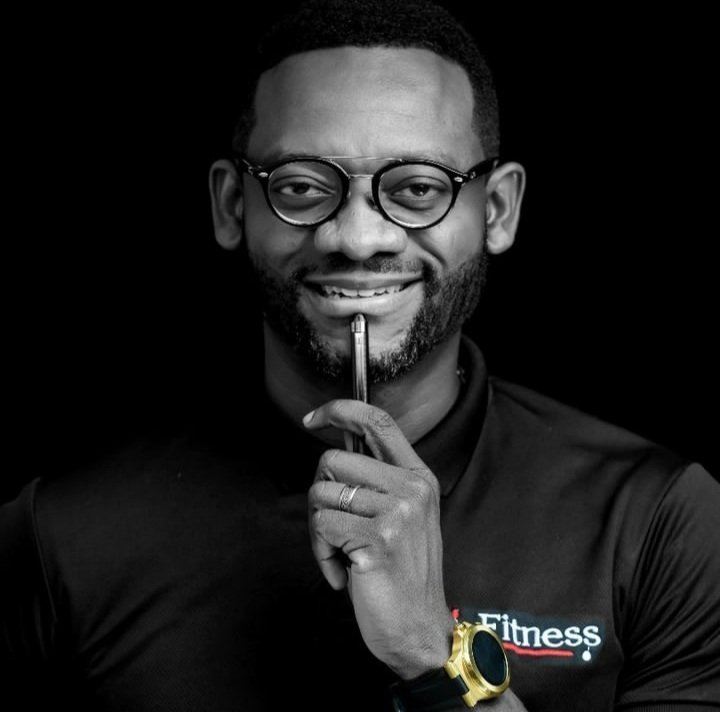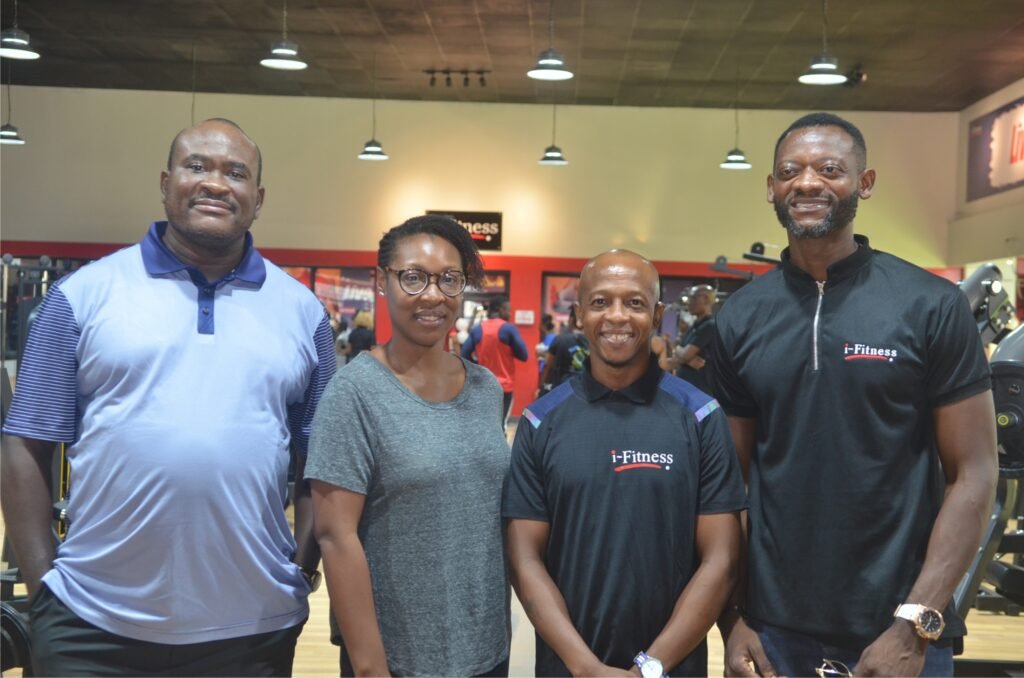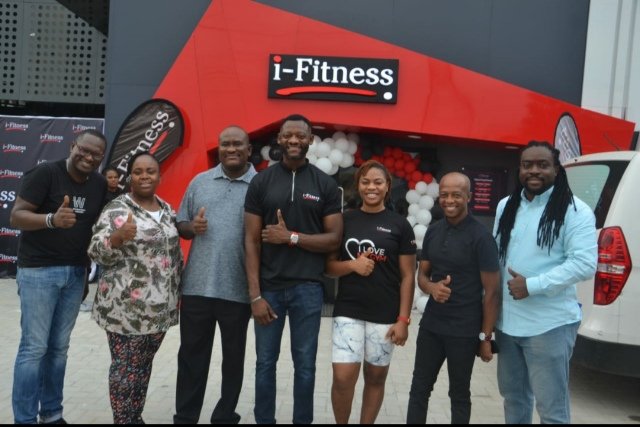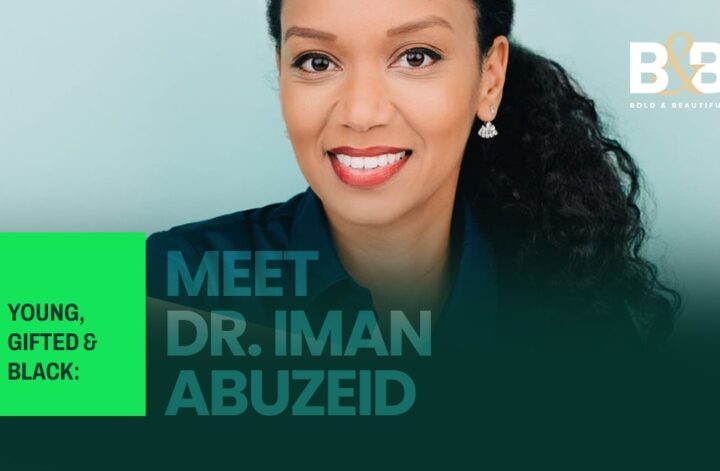When Foluso Ogunwale launched iFitness in 2015, he faced an uphill battle in convincing financiers that his vision for a gym chain in Nigeria was viable. At the time, fitness centers were perceived as luxury products, catering to an elite market rather than serving as accessible health and wellness facilities. Most gyms were scarce, with one prominent Lagos fitness center charging up to $900 for an annual membership. However, Ogunwale saw an opportunity to fill a gap in the market by offering affordable, conveniently located fitness centers for Nigerians across different income levels.

Speaking at an African Private Capital Association conference in Cairo, Ogunwale reflected on the early days of iFitness, revealing the challenges he faced in securing funding. Banks were skeptical, and securing financing was a struggle. For two years, Ogunwale bootstrapped the business, unable to rely on external investments. His first breakthrough came in 2017, when a high-interest microfinance loan provided the capital needed to open three new branches. While the loan came at a steep price, with interest rates as high as 3.8% per month, it was a necessary step in iFitness’s growth journey. Fortunately, Ogunwale was able to secure better funding by the end of the year, allowing the company to expand further.

By 2017, iFitness had grown to four branches, and this milestone caught the attention of more traditional banks. With increased confidence in the gym chain’s sustainability, debt capital became available, enabling iFitness to double its footprint to eight locations. In 2019, the business attracted private equity funding from CardinalStone Capital Advisers, a Lagos-based firm. Today, iFitness boasts 20 branches across Nigeria, with 18 in Lagos and one each in Abuja and Ibadan. The membership model is affordable, with an average fee of about $25 per month, making fitness accessible to more Nigerians.

Despite the company’s growth, Ogunwale has encountered unique challenges in operating a gym chain in Nigeria. Unlike in more developed markets, where gyms can rent equipment on a monthly basis, iFitness is forced to pay upfront for imported fitness gear. The high costs of Nigeria’s property market also mean that iFitness must pay for gym leases five years in advance, putting additional pressure on the company’s finances.

The idea for iFitness was born in 2007, after the tragic death of one of Ogunwale’s friend’s brothers from diabetes and heart disease. This loss made Ogunwale keenly aware of the need for accessible health and fitness options in Nigeria. However, when he searched for a gym to join, he found that none met his standards for quality, convenience, or affordability. Though he was eager to fill this gap in the market, Ogunwale initially stayed in his job at Skye Bank before venturing into selling mobile phones and laptops. It wasn’t until 2015 that he finally brought his gym idea to life. The first iFitness location was modest, at only 150 square meters, and struggled to meet the high demand for its services. Yet the market response was positive enough to encourage Ogunwale to expand.

One of the key elements of iFitness’s success is its focus on convenience. In Lagos, where traffic and congestion are daily challenges, Ogunwale recognized that customers would be more likely to commit to a fitness routine if the gyms were easily accessible. “Convenience brings people back,” he said. “When you are in a busy city like Lagos, the last thing you want to do is spend hours in traffic to get to a gym.” iFitness prioritizes opening branches close to where people live or work, using a detailed checklist to scout potential locations. The company targets areas with a population of at least 25,000 people within a 5km radius.

The growing awareness of preventative health in West Africa has also contributed to iFitness’s expansion. As more Nigerians recognize the benefits of regular exercise and healthy living, the demand for fitness centers continues to rise. According to Femi Ogunjimi, a partner at CardinalStone Capital Advisers, when they first invested in iFitness, the chain had five locations and 3,000 members. Today, it has over 20,000 members across 18 locations, highlighting the increasing commitment to health and wellness in Nigeria.





